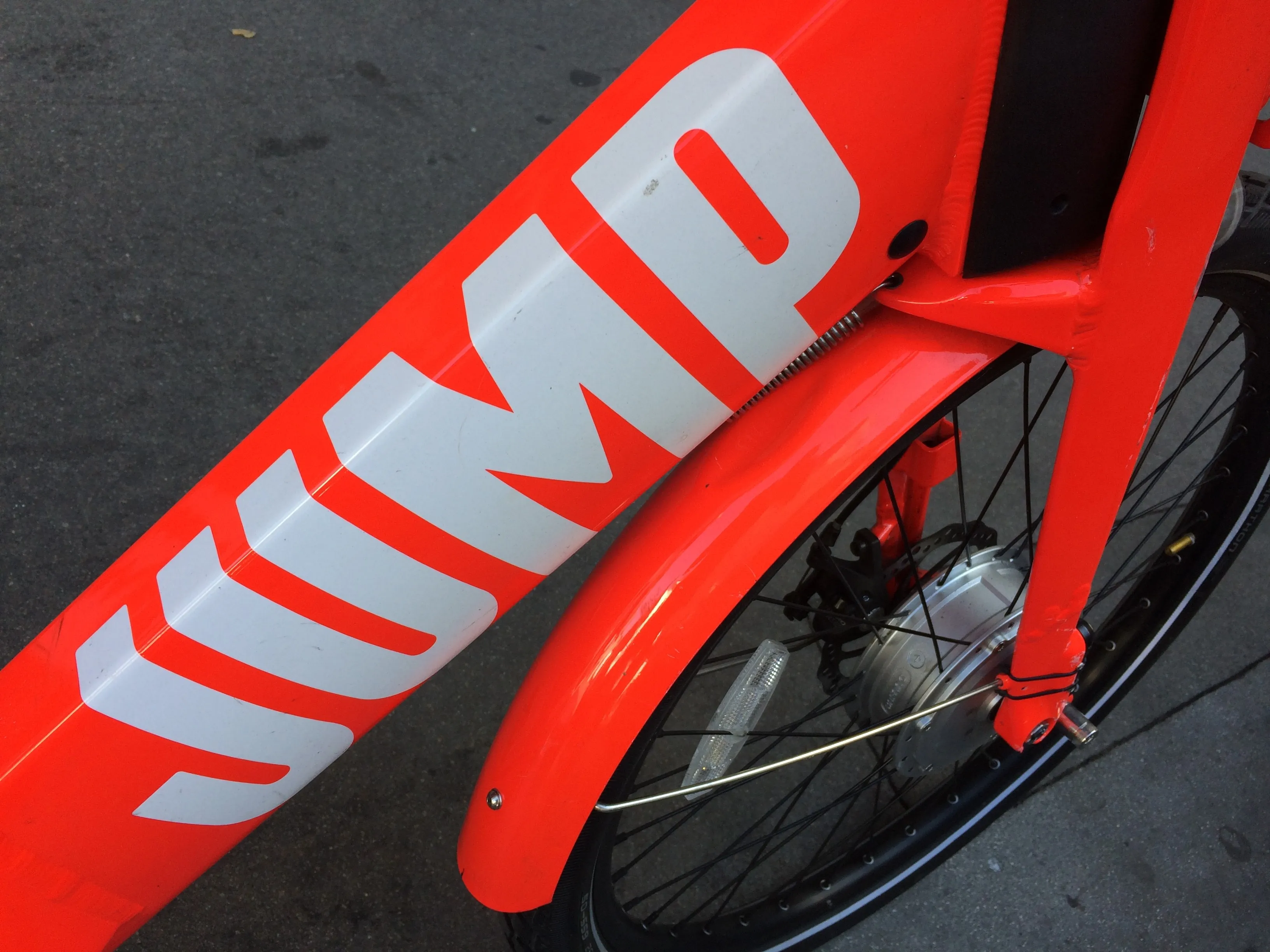
Online ride-sharing service InDrive, known for its bid-based business model, is expanding its business into the US market.
InDrive, which enables passengers and drivers to negotiate and agree on the price of each ride, will launch first in South Florida. “We chose South Florida as it’s a market eagerly seeking better transportation alternatives,” says Adam Warner, US country manager.
The company’s app has more than 175 million downloads in 48 countries around the world, earning the rank of second-most downloaded rideshare app globally.
Launched in 2012, InDrive is designed to create mutually beneficial arrangements between drivers and riders based on trust and loyalty.
Once registered, a passenger can input pickup and drop-off locations, and propose a price for the route. Counteroffers or agreements from available drivers will appear on the screen, prompting the passenger to select the offer that suits best in terms of cost, driver rating and vehicle model. InDrive typically charges a fee of around 10% of each ride.
InDrive is designed to maximise passenger and driver safety. Applicant drivers go through comprehensive background checks, including verification of necessary documents, criminal record, licences and permits. Passengers can rate their rides and provide feedback on driver behaviour and service quality. InDrive aims for complete transparency; drivers and passengers see each other’s information, including ranking and name prior to selecting the driver or accepting the trip.
In addition, the app has built-in safety features: passengers can share trip details with their contacts, with real-time GPS tracking during rides. The app features an emergency button to contact authorities and has a dedicated support team on hand 24/7.










